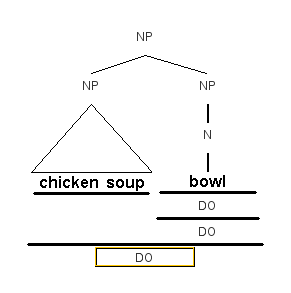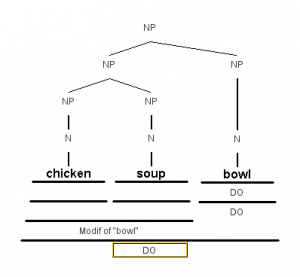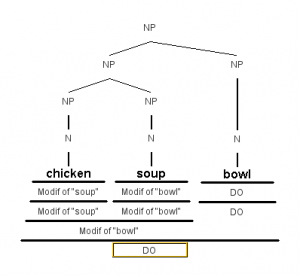Prepositional phrases are still a part of the passive construction. Adverbials and adverbial complements, however, do differ in how they are a part of a passive sentence.
Adverbial Complements
As a reminder, adverbial complements are a part of the PredPhr. This means that the NP of the adverbial complement (or the PrepComp), can become the subject of a passive sentence.
Ex.: I listened to the lecture. ————> The lecture was listened to by me.
However, if the verb of the sentence has a DO, then the PrepComp cannot become the subject. The DO must be.
Ex.:
Incorrect: Olivia taught the pwips about diagrams. ———-> ***Diagrams were taught the pwips to by Olivia.
Correct: Olivia taught the pwips about diagrams. ————> The pwips were taught about diagrams by Olivia.
Adverbials
Adverbials are not a part of the sentence core. This means, unlike adverbial complements, they can never be the subject of a passive sentence.
Ex.:
Incorrect: I tried on Thursday. ———-> ***Thursday was tried on by me.
Correct: I tried on Thursday. ———–> (It) was tried by me on Thursday.


